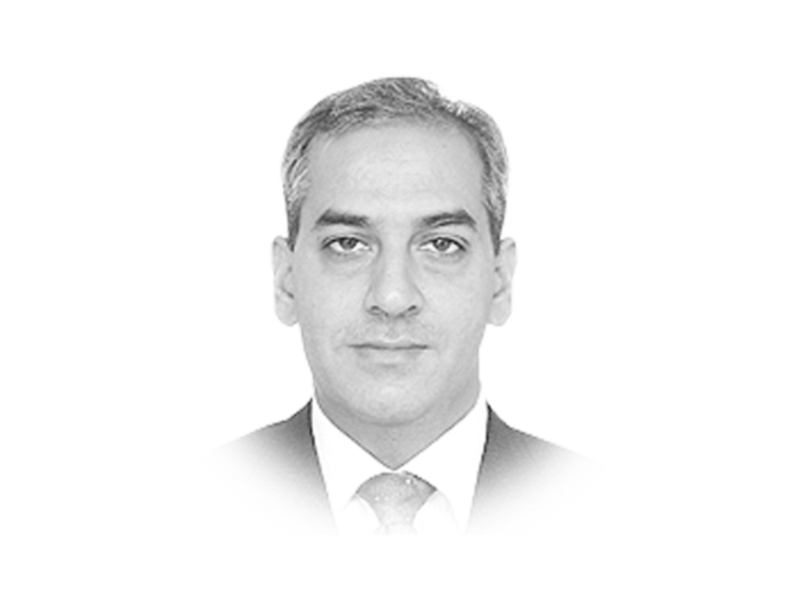
The benchmarks for assessing the media presented below are limited by their origin. The countries from which they derive are politically pluralistic, predominantly capitalist and the media institutions in place there are often vigorous. Even so, the structure and operation of the public communication and media have often been hotly debated and the public control of media has often been advocated on grounds of the ‘public interest’, as have deregulation and the further extension of the free market. Within these limits, a quite diverse set of expectations from, or on behalf of, ‘society’ has been articulated in different forums in most countries.
Freedom as a value in civil society has often been defined in terms of communication rights: of beliefs, speech, movement, assembly, association and access to information. Freedom is the essence of democracy indeed of a democratic culture. Media are not only the vanguard of freedom rather their very evolution and orientation is due to freedom. Pakistani society is traditionally a conservative social setup in which individual freedom has never been a much-cherished ideal. The families, groups and clans structure has been so which typically negates individual and general freedom. Therefore, the role of communication media in individual freedom should be a more pronounced one. To a certain extent media have even played this role but largely they could not play their role in this regard to the fullest because they also operate within the same conservative, patriarchal social and cultural context. Apart from it the educational and comprehension levels of the society, from which the media personnel also comes is so low that one cannot expect the media to play a greater role in the freedom of individual. This needs to be understood if improvement in the situation is desired.
Justice and equality have a kind of symbiotic relationship. The concept of justice cannot be realised without knowing one’s rights. These rights include legal, political and economic rights. In Pakistan with large-scale illiteracy and the standard of education quite low there has always been a problem of people knowing little about their rights. Moreover, due to large-scale poverty the access to justice has always been a daunting task for the people because litigation and legal affairs have always been a costly business then with so many laws and several codes and systems of laws the legal affairs has always been so complex so as to give the general masses a clear view about their rights. In this context the role of media in providing people social and legal justice is not only multi-pronged but also quite profound. Here the question arises that whether the Pakistani media men and women are equipped with such knowledge and information to live up to these expectations regarding social justice. Social inequality and inequity have always been typical features of Pakistani society. In the Pakistani state and political structure, the civil elites have always had the final say with little role for the general masses to play. Apart from it economic opportunities has always been the domain of the rich families and classes. This has resulted in the evolution of a highly unequal society with seemingly insurmountable problems and multiple value and belief-systems. In this scenario media definitely has a great role to play in defusing equality within a highly inequitable social structure.
Furthermore, the Pakistani society is composed of diverse ethnicities with their own cultures, social set-ups and subcultures. Apart from it our whole country has a very large population of nearly 200 million people with state institutions always n crises to deliver social services enforce laws and govern appropriately. Resultantly, the maintenance of social order has always been a gigantic task. On the other hand, with the large-scale illiteracy and poverty the people cannot simply know the need for complete social order. In fact, they even if desirous of maintaining the social order are unable to do so. Here the media have a big role to play in capacity-building of the state institutions, keeping a strict vigil through its watch dog role on institutions for any abuse of power and malfunctioning on the other hand media also have to play a role in educating people by telling them the importance of social order in their overall development and wellbeing through which ultimately their lot can be improved.
Unless the concept of public interest is generally understood by the masses, media and policymakers in which the role of the media is central the society and its members would keep on suffering.
Published in The Express Tribune, March 7th, 2017.
Like Opinion & Editorial on Facebook, follow @ETOpEd on Twitter to receive all updates on all our daily pieces.

1722586547-0/Untitled-design-(73)1722586547-0-165x106.webp)


1732326457-0/prime-(1)1732326457-0-165x106.webp)








COMMENTS (1)
Comments are moderated and generally will be posted if they are on-topic and not abusive.
For more information, please see our Comments FAQ